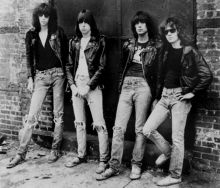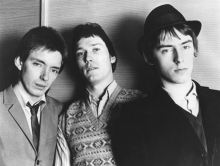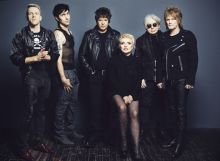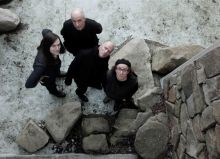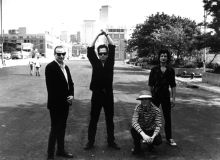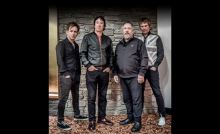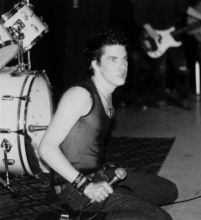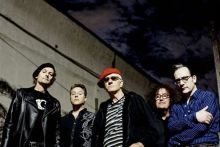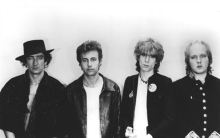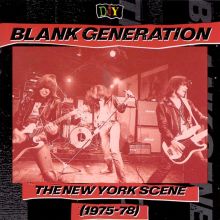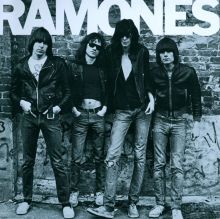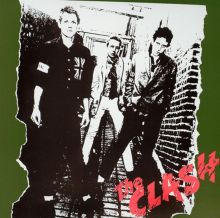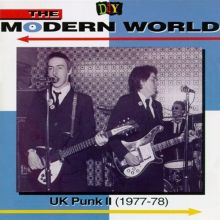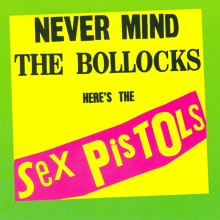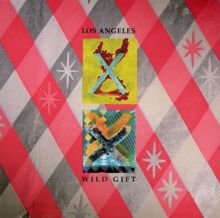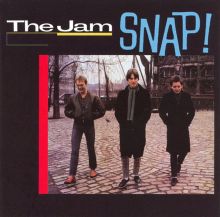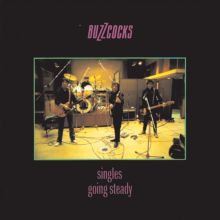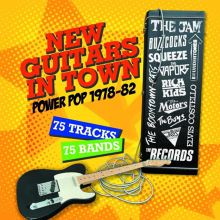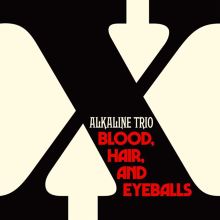Pop/Rock
•
Punk/New Wave
»
Punk
Punk Rock returned rock & roll to the basics -- three chords and a simple melody. It just did it louder and faster and more abrasively than any other rock & roll in the past. Although there had been several bands to flirt with what became known as punk rock -- including the garage rockers of the '60s and the Velvet Underground, the Stooges, and the New York Dolls -- it wasn't until the mid-'70s that punk became its own genre. On both sides of the Atlantic, young bands began forsaking the sonic excesses that distinguished mainstream hard rock and stripping the music down to its essentials. In New York, the first punk band was the Ramones; in London, the first punk band was the Sex Pistols. Although the bands had different agendas and sounds -- the Ramones were faster and indebted to bubblegum, while the Pistols played Faces riffs sloppier and louder than the Faces themselves -- the direct approach of the bands revolutionized music in both the U.K. and the U.S. In America, punk remained an underground sensation, eventually spawning the hardcore and indie-rock scenes of the '80s, but in the UK, it was a full-scale phenomenon. In the U.K., the Sex Pistols were thought of as a serious threat to the well-being of the government and monarchy, but more importantly, they caused countless bands to form. Some of the bands stuck close to the Pistols' original blueprint, but many found their own sound, whether it was the edgy pop of the Buzzcocks, the anthemic, reggae-informed rock of the Clash, or the arty experiments of Wire and Joy Division. Soon, punk splintered into post-punk (which was more experimental and artier than punk), new wave (which was more pop-oriented), and hardcore, which simply made punk harder, faster, and more abrasive. Throughout the '80s, punk was identified with the hardcore scenes in both America and England. In the early '90s, a wave of punk revivalists -- led by Green Day and Rancid -- emerged from the American underground. The new wave of punk rockers followed the same template as the original punks, but they tended to incorporate elements of heavy metal into their sound.
